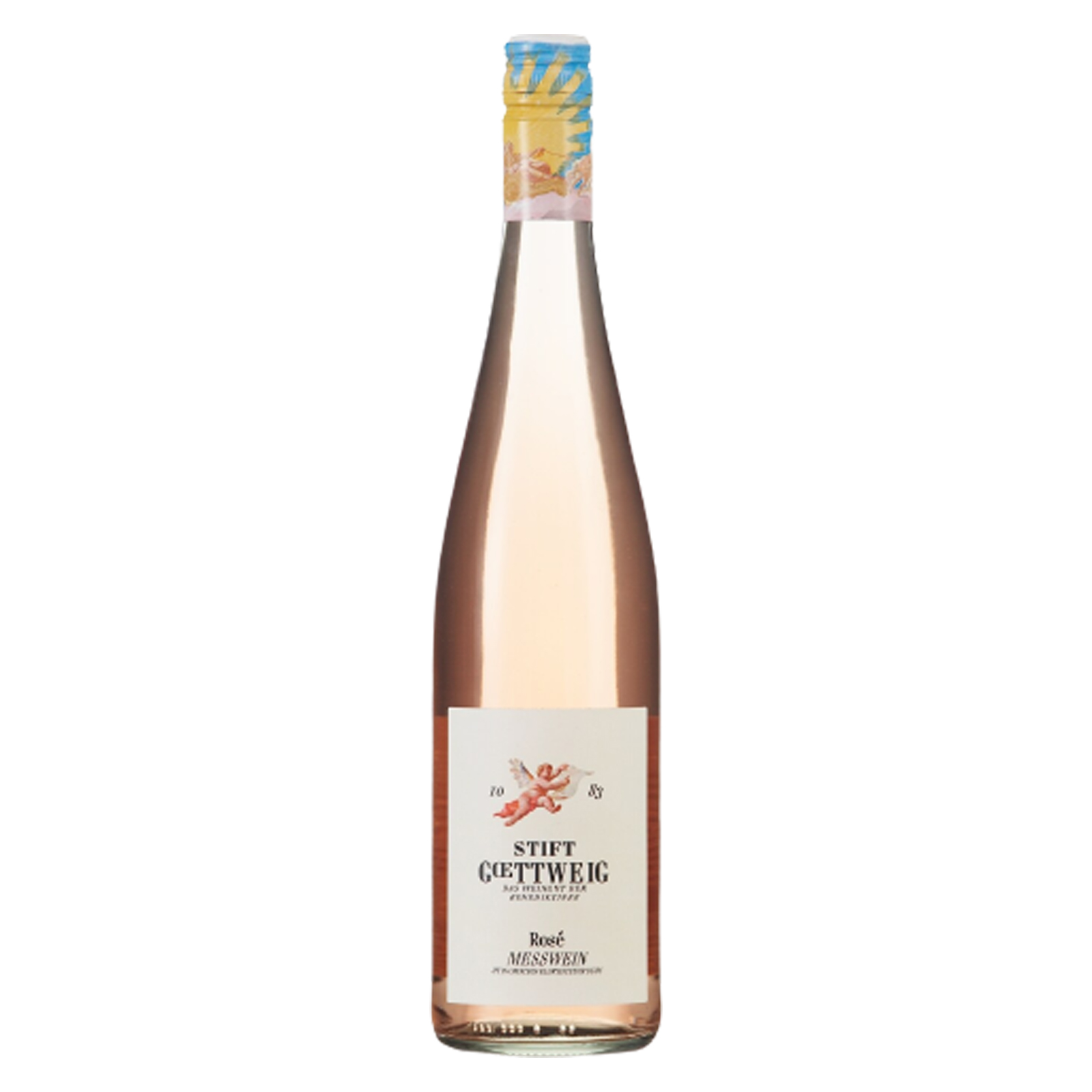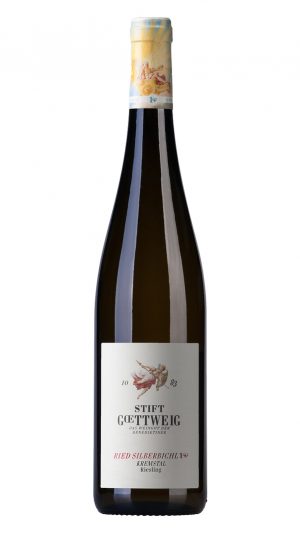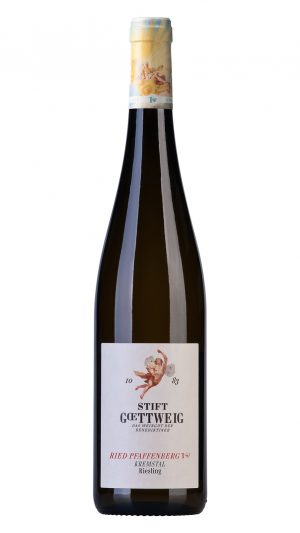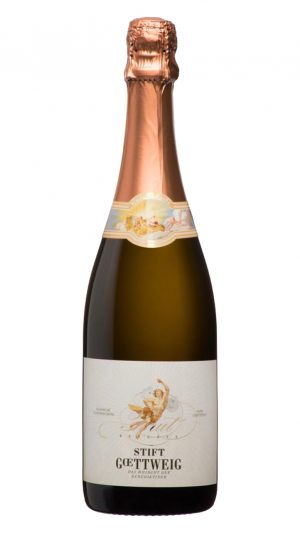Stift Göttweig Messwein Rose 2020
Type: Rose
Country: Austria
Region: Kremstal
Grape Variety: 100% Pinot Noir
Climate: Climatic conditions similar to the Wachau, if only slightly warmer, the Kremstal benefits from the easterly warm winds of the Pannonian basin and cool, humid breezes from the Waldviertal forest to the north
Terroir: The grapes grow under optimal conditions in Lower Austria. Here, the vines dig their roots deep into soils of loess
Winemaking: When perfectly ripe, the grapes for Messwein Rosé are harvested exclusively by hand without the help of coarse and less selective grape harvesters. After the hand harvest, the grapes quickly reach the winery. Here they are sorted and carefully crushed. Fermentation follows in stainless steel tanks at controlled temperatures. Vinification is followed by ageing on the fine lees for several months before the wine is finally bottled.
Color: Shimmery strawberry pink
Nose: Aroma of blackberry, vanilla, strawberry, rhubarb
Palate: With its incisive fruit acidity, the Messwein Rosé is fantastically fresh and lively on the palate
About the Winery:
The historic wine estate Stift Gœttweig was founded around 1083 by St. Altmann, the bishop of Passau. In 1094 it was bequeathed to the Benedictines, whose economic centre was already forestry and viticulture.
The baroque abbey complex, which was destroyed after a major fire in 1718 and was subsequently redesigned and built by the architect Johann Lucas von Hildebrandt, is located on the eastern edge of the Danube valley of the Wachau, opposite the city of Krems.
At an altitude of 449 metres above sea level, individual parcels of land in the Ried Gottscheller, Ried Silberbichl and Ried Pfaffenberg vineyards produce an enormous variety of wines, which benefit greatly from the geological differences here: from gravelly-sandy soils, loess and clay to the weathering of primary rocks, the soils have a wide variety of characteristics and give the wines cultivated a very special characteristic.
The microclimatic conditions here on the southern bank of the Danube are also very varied. From the area of the Dark Stone Forest, cool air blows towards the Gœttweiger vineyards and vents them. In general, the Danube area has natural humidity and rather warming pannonic air masses. Particularly in the individual vineyard Ried Pfaffenberg, which is situated near the Danube to the southeast, the cultivated vines are exposed to strong winds and temperature fluctuations. Fritz Miesbauer, winegrower of the Gœttweig Monastery Winery, knows how to handle the different soil and climate conditions of his vineyards perfectly and, with the support of his team, produces excellent wines that reflect the character of the region.






